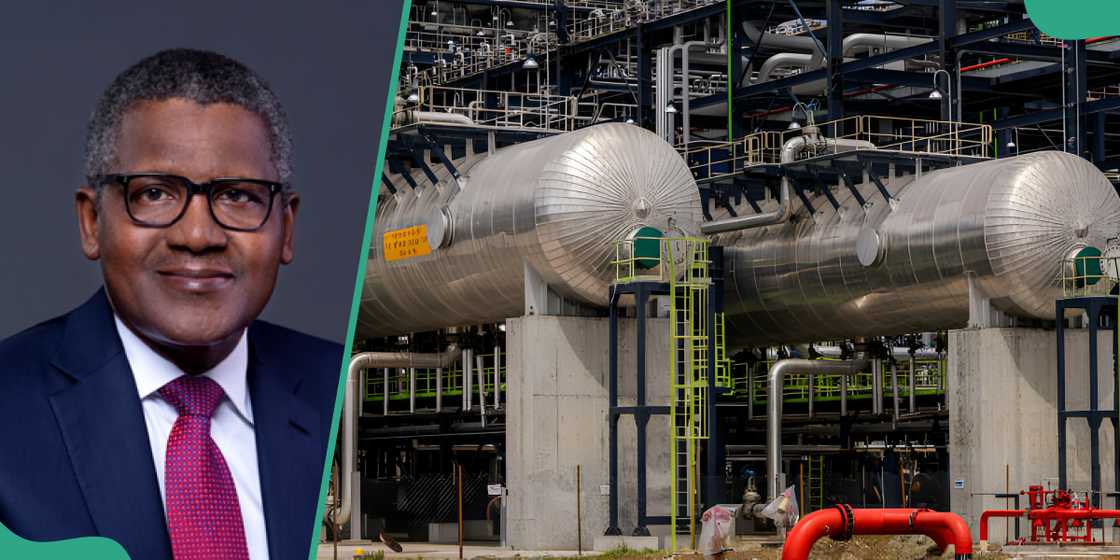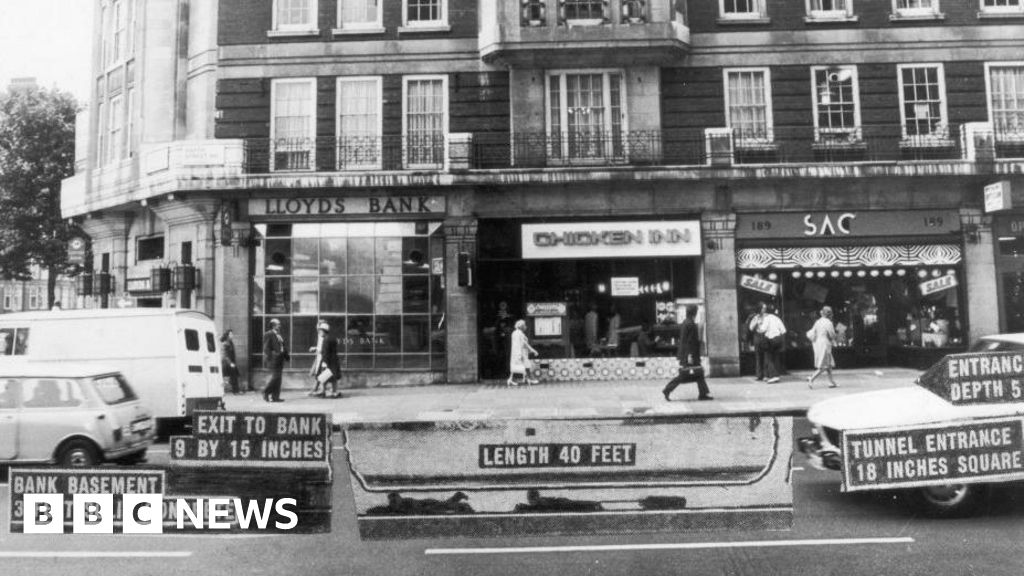- When the Dangote refinery reaches full capacity, it is anticipated to have a major impact on the world's crude flows
- In its first six months of operation, the plant climbed to 400,000 b/d, according to business sources and ship tracking data
- Up until this year, all of the country's oil was exported due to a lack of processing capability available in the country
Legit.ng journalist Zainab Iwayemi has over 3-year-experience covering the Economy, Technology, and Capital Market.
After starting operations in January, Nigeria's $20 billion Dangote refinery is expected to have a significant impact on global crude flows when it achieves full capacity, according to trading sources and ship tracking data.

Source: UGC
Nigeria is the biggest oil producer in sub-Saharan Africa, producing 1.5 million barrels per day in June, according to S&P Global Commodity Insights' Platts OPEC Survey.
Refinery could tighten product market
Due to a shortage of refining capacity, all of the nation's oil was exported up until this year, with gasoline, diesel, and jet fuel imported for domestic consumption.
According to company sources and ship tracking data, the plant scaled to 400,000 b/d in its first six months of operation and supplied diesel, jet fuel, naphtha, and fuel oil to both domestic and export markets.
This means that the mega-refinery could, therefore, tighten the light, sweet crude market.
A West African crude trader told Commodity Insights said,
“Its diet is WTI and the lighter Nigerian [crudes] so if you were chasing those barrels you’d probably feel it quite keenly.”“Once they get to 650,000 b/d without any WTI Midland, ‘severely disrupted’ (will be) the headline.”Refinery need scaled in short time
According to company sources and ship tracking data, the factory scaled to 400,000 b/d in its first six months and supplied diesel, jet fuel, naphtha, and fuel oil to both domestic and export markets.
Through 18 voyages, 30% of the petroleum supplied to Dangote has been of the US quality.
Domestically, Dangote has claimed that in June, IOCs were allegedly charging it $6/b more for crude, which prompted Nigeria's government to try and compel local supply at the market price and enable currency payments for crude.
Associate Director and Head of Refining at S&P Global Commodity Insights, Rasool Barouni,
said, “Dangote refinery is designed to process a range of light and medium grades of crude oil, including Nigerian grades.”Analysts observe that the facility is already having an impact on the light, sweet complex, but they won't fully evaluate it until it reaches 600,000 b/d and begins manufacturing gasoline.
“The refinery’s opening has certainly had an impact on trade flows, especially for Nigerian crudes and WTI,” research associate director at Commodity Insights, Payam Hashempour said.“But, we should see the full impact on global trade flows once the refinery’s operation ramps up.”Dangote Refinery confirms date for release of petroleum product
Dangote Industries Limited has reiterated that production of Premium Motor Spirit (PMS), commonly known as petrol, will commence at the Dangote refinery in July 2024/August.
Devakumar Edwin, vice president of Oil and Gas at Dangote Industries Limited, stated this during a visit by the S&P Global team to the Dangote Refinery in Ibeju-Lekki, Lagos.
According to Punch reports, Edwin added that the refinery will harness Africa's abundant crude oil resources to produce refined products locally.
Source: Legit.ng
















 English (US) ·
English (US) ·